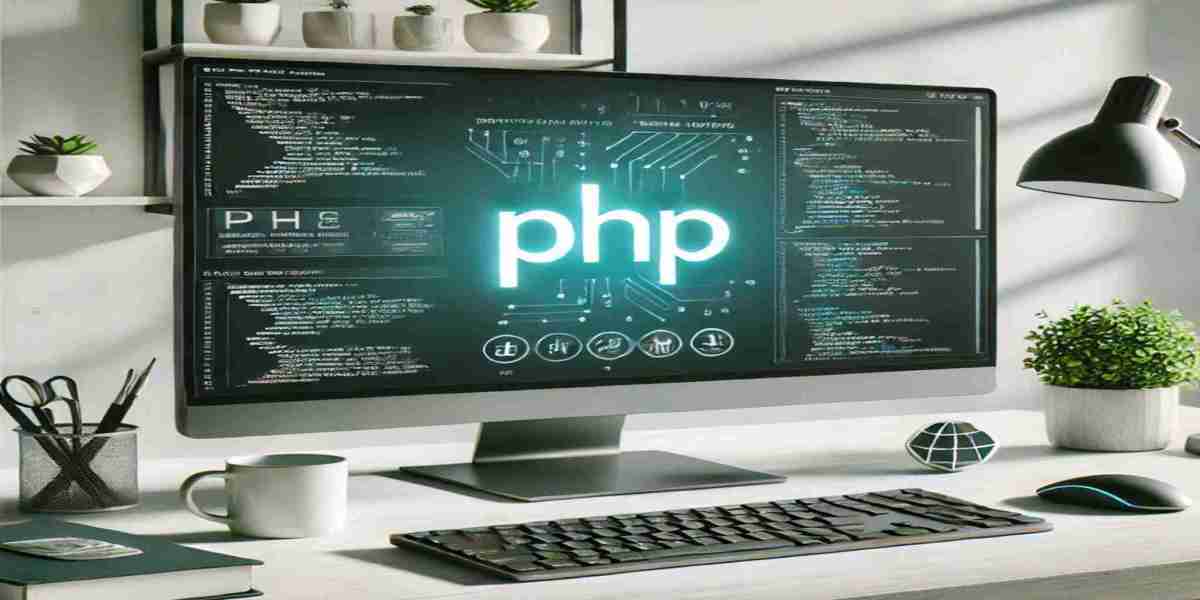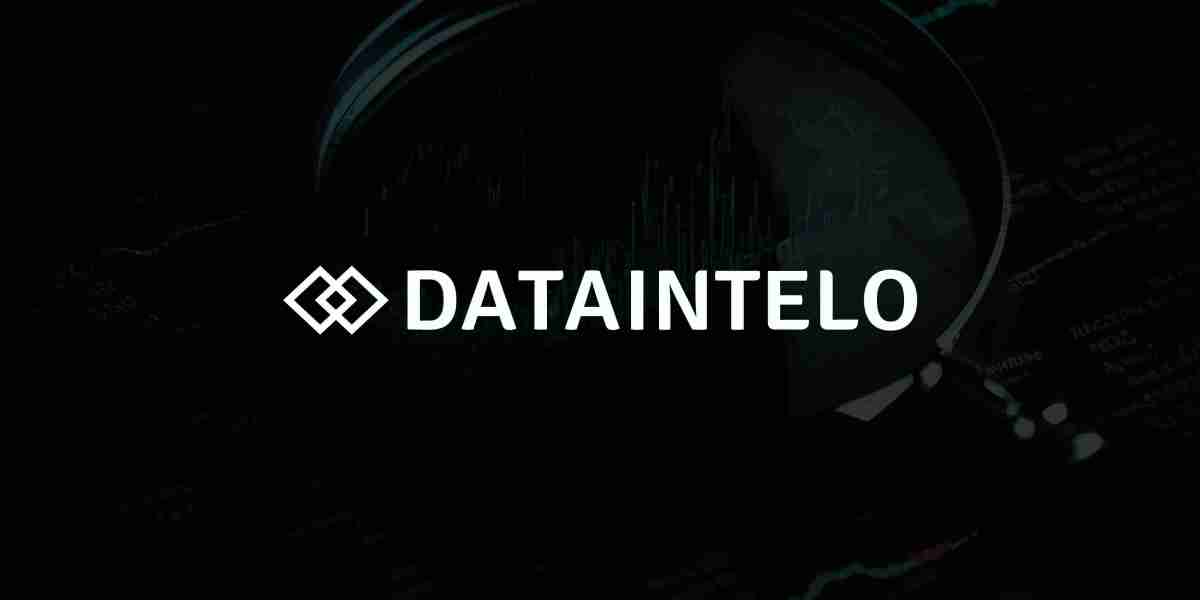Introduction: The Fast-Evolving Landscape of PHP Development
Hey folks, PHP has been around for a long time, but the landscape is shifting rapidly. It’s essential for CTOs to stay ahead of the curve and adapt to these changes. Technology evolves quickly, and what was cutting-edge yesterday can become obsolete today. In this article, I’ll walk you through the latest PHP development trends that will dominate in 2025. These trends are going to shape the future of web development, and I’ll share tips on how to keep your team on top of their game.
Why CTOs Must Stay Ahead of PHP Development Trends
If you’re a CTO, you already know how important it is to keep your finger on the pulse of technological advancements. PHP continues to play a crucial role in web development despite the rise of newer technologies. As CTOs, we need to understand the latest PHP trends to make strategic decisions that impact our teams and businesses. Let’s dive into what’s coming up and why you should be paying attention.
PHP's Growing Role in Modern Web Development
Despite the rise of other programming languages, PHP still holds strong in the development world. It powers millions of websites, from small blogs to massive e-commerce platforms. In 2025, PHP will continue to evolve, and its integration with modern technologies will make it more relevant than ever. Let’s explore the trends that will shape PHP’s future.
Key Emerging PHP Development Trends in 2025
Now that we’ve covered the importance of staying updated, let’s look at the specific trends that will dominate PHP development in 2025.
The Rise of PHP 8.x and Beyond
PHP 8.x brings some exciting changes that will continue to shape the way we write code. Performance improvements, new syntax features, and more efficient error handling are just a few things we can expect. With each update, PHP becomes faster and more developer-friendly. The JIT (Just in Time) compiler in PHP 8 has already made significant strides in performance, and that’s just the beginning!
Key Features of PHP 8.x:
Just-in-time (JIT) compilation: Faster execution of code.
Union Types: Provides more flexibility in function signatures.
Attributes: A cleaner, more efficient way of adding metadata to classes.
If you haven’t yet, now might be the perfect time to hire PHP developers who specialize in PHP 8.x to ensure your projects are future-proof.
Integration of PHP with Cloud Technologies
The cloud is a game-changer in tech, and PHP is increasingly being integrated with cloud platforms like AWS, Google Cloud, and Microsoft Azure. These platforms offer enhanced performance, security, and scalability for PHP applications. In 2025, PHP developers will need to know how to integrate their applications seamlessly with cloud services to maximize performance.
By leveraging cloud technologies, PHP can provide scalable and secure solutions that run smoothly in various environments. Whether you’re building a small app or a large enterprise solution, cloud integration is no longer optional—it's a must.
The Shift Towards Microservices Architecture in PHP
In the world of modern development, microservices are becoming the architecture of choice for many large-scale projects. PHP, traditionally used for monolithic applications, is now making its way into microservices. This shift allows businesses to scale more efficiently and manage complex systems with ease.
In PHP, microservices architecture typically involves using lightweight, standalone services that can communicate with each other via APIs. This approach makes it easier to maintain, scale, and deploy applications.
The Increasing Popularity of PHP Frameworks
As PHP evolves, so do the frameworks that power it. Frameworks are essential for speeding up development and ensuring your code is structured well. Let’s take a look at the frameworks that will dominate in 2025.
Laravel’s Dominance in the PHP Ecosystem
When it comes to PHP frameworks, Laravel has taken the lead in recent years, and it shows no signs of slowing down in 2025. Laravel is loved for its elegant syntax, extensive documentation, and built-in features like authentication, routing, and database migrations. These tools make life easier for developers, and that’s why Laravel will continue to be the top choice for PHP projects.
Why Laravel Will Continue to Lead:
Developer-friendly tools: Built-in authentication, session management, and more.
Robust ecosystem: With features like Laravel Forge, Nova, and Envoyer.
Active community: A thriving community that supports new developers and shares best practices.
If you’re a CTO looking to build scalable, secure, and maintainable web applications, Laravel is still the go-to choice.
Symfony and Its Role in Enterprise-Level PHP Development
While Laravel dominates in the general PHP ecosystem, Symfony is becoming the framework of choice for large-scale, enterprise-level applications. Its flexibility and modularity make it ideal for complex systems, and it’s especially popular among large organizations. Symfony’s emphasis on reusable components makes it a great fit for developers who need to customize their solutions.
In 2025, if you’re working on an enterprise project, Symfony might be the framework you want to focus on.
PHP’s Role in Emerging Technologies
PHP is no longer just about building websites and blogs—it’s now playing a role in cutting-edge technologies like AI and blockchain. Let’s look at how PHP is evolving to meet these needs.
PHP and Artificial Intelligence: A Growing Synergy
Believe it or not, PHP is starting to play a role in the development of AI-powered applications. With libraries like PHP-ML, developers can now integrate machine learning algorithms into PHP applications. This opens up new possibilities for building smarter, more dynamic web applications.
In 2025, as AI becomes more integrated into business processes, PHP developers will need to familiarize themselves with AI frameworks and tools to remain competitive.
Blockchain Integration with PHP for Secure Transactions
Blockchain technology is gaining traction, especially in industries like finance and healthcare. PHP’s flexibility allows developers to integrate blockchain technology into their applications. By using PHP for blockchain applications, developers can create secure, transparent, and immutable systems for transactions.
In 2025, we’ll see more companies using PHP to develop blockchain-based applications, particularly in industries where security is a priority.
Final Thoughts: Staying Competitive with PHP in 2025
So, what does this all mean for CTOs? In 2025, staying competitive with PHP will require adapting to the latest trends, like cloud integration, microservices, and AI. You’ll need to ensure your PHP developers are well-versed in these emerging technologies and frameworks. By keeping up with these trends, you’ll position your company for success.
How to Adapt to PHP’s Evolving Trends and Ensure Project Success
To stay ahead of the game, you’ll want to:
Invest in PHP 8.x: Make sure your team is updated with the latest PHP version.
Embrace cloud platforms: Use cloud technologies to improve your application’s scalability and performance.
Explore microservices: Adopt microservices architecture for large-scale applications.
Focus on frameworks: Keep using Laravel for smaller projects, but consider Symfony for enterprise solutions.
Stay innovative: Keep an eye on emerging technologies like AI and blockchain, and consider how they can be integrated with PHP.
Frequently Asked Questions (FAQs)
1. What are the most exciting features in PHP 8.x?
PHP 8.x introduces significant features like the JIT compiler, union types, and attributes. These updates will improve performance and provide more flexibility in code. The JIT compiler is especially exciting, as it enhances execution speed, making PHP even more competitive against other languages.
2. How does PHP integrate with cloud technologies in 2025?
PHP integrates with cloud platforms like AWS and Google Cloud by using various tools and APIs. Cloud services provide PHP applications with scalable and secure environments, making it easier to manage traffic spikes and ensure high availability.
3. Why is Laravel still the leading PHP framework?
Laravel remains the top choice due to its easy-to-learn syntax, robust feature set, and active community. Built-in tools like authentication, routing, and testing make development faster and more efficient, which is why it continues to dominate in 2025.
4. Can PHP be used in AI and machine learning applications?
Yes, PHP can be integrated with AI and machine learning using libraries like PHP-ML. While PHP isn't traditionally used for AI, it’s becoming more common as AI tools and libraries expand, allowing developers to build intelligent applications.
5. How can PHP developers use blockchain technology in their applications?
PHP developers can use blockchain by integrating APIs and libraries that connect their applications with blockchain platforms. This allows them to build secure and transparent systems for transactions, especially in sectors like finance and healthcare.














